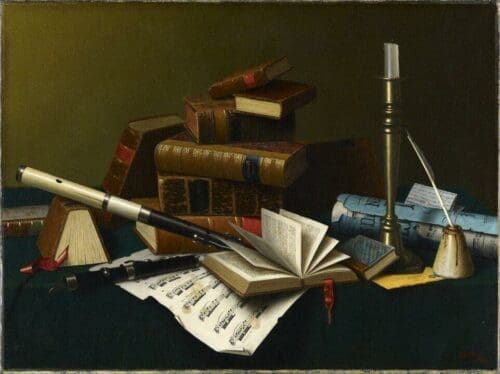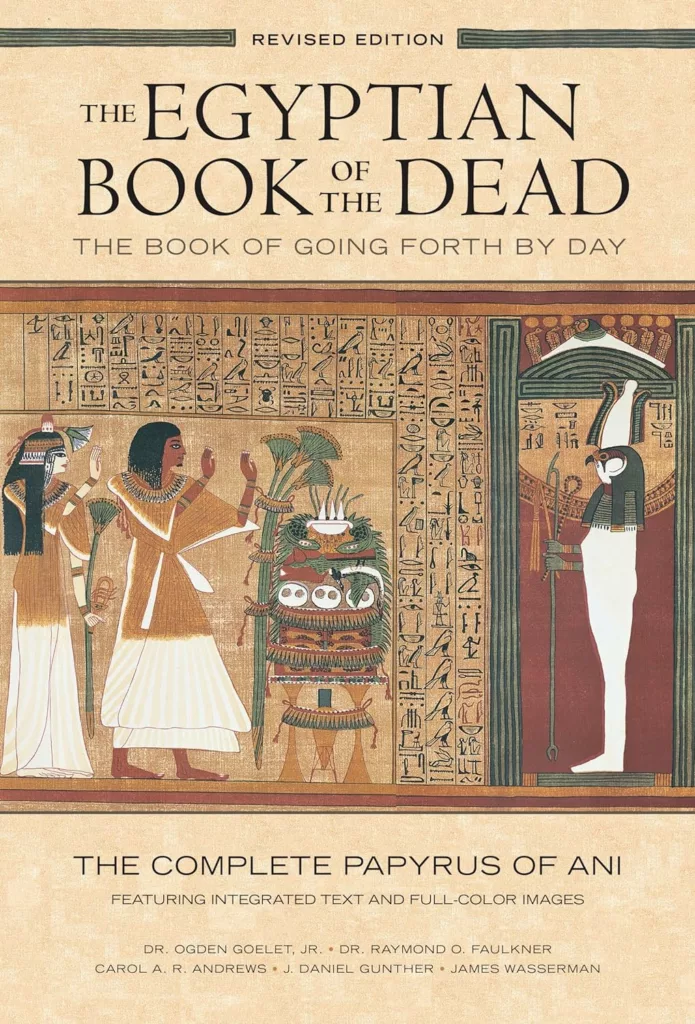This page is an index for all literature written by Giuseppe Bonaccorso. It includes mainly poetry, short novels, essays, online works, and published books.
If you need specific literary content, you can always search for it.


Literary works available on this website
- Poetry: All poetry written by Giuseppe Bonaccorso. It includes poems, poetic narratives, and poetry books.
- Novels and Short Stories: Index of all prose works by Giuseppe Bonaccorso (originally in Italian). It includes short stories, novels, and fiction books.
- Online works: List of literary works, including short stories, poems, and essays, published by online literary journals and specialized websites.
Books
- My Poetry Books: Poetry books published by Giuseppe Bonaccorso. All the books are written in Italian and cover different poetic periods, with long and short poems.
- My Fiction Books: List of fiction books written by Giuseppe Bonaccorso. They include mainly novels based on a deep psychological analysis of the characters.
Considerations of the history of literature
The origin of literature dates back thousands of years to ancient civilizations that sought to record their stories, beliefs, and experiences. These early writings laid the foundation for what would later become the vast and diverse world of literature we know today.
In ancient Mesopotamia, one of the earliest known forms of literature emerged as ancient Sumerian cuneiform tablets. These clay tablets contained epic narratives such as the Epic of Gilgamesh, the story of a heroic king and his adventures. These writings were meant for entertainment and served to preserve cultural and historical knowledge.
Similarly, ancient Egypt also has a rich literary heritage. Egyptians wrote on papyrus scrolls, documenting their religious texts, myths, and folktales. One of the most famous examples of Egyptian literature is the Book of the Dead, a collection of spells and rituals to guide the deceased through the afterlife.
Moving eastward, ancient India gave birth to one of the world’s oldest literary works, the Rigveda. Composed in Sanskrit, it is a collection of hymns and prayers that provide information about the beliefs and rituals of ancient Indian society. In addition to religious texts, India also produced great works of epic poetry, such as the Mahabharata and Ramayana, which continue to be revered today.

In ancient Greece, literature took on a new dimension with the emergence of epic poems such as Homer’s Iliad and Odyssey. These tales of heroism and adventure captivated audiences and laid the foundation for the development of drama and tragedy. Greek playwrights such as Sophocles and Euripides, among others, created timeless dramas that explored the human condition and ignited philosophical debates.
Leaping into medieval Europe, the written word continued to flourish. The epic poem Beowulf, written in Old English, tells the story of a heroic warrior who battles supernatural creatures. During the Renaissance, literature experienced a renaissance with the works of William Shakespeare, Miguel de Cervantes, and Dante Alighieri, to name a few. Their plays, novels, and poems shaped the literary landscape and are still celebrated for their enduring themes and artistry.
Literature has evolved and adapted throughout history to reflect changing times and cultures. From ancient civilizations to contemporary authors, the power of storytelling has survived, reminding us of our common humanity and the importance of preserving our collective wisdom through the written word. As we continue to delve into literature, we discover new perspectives, explore different cultures, and connect with the universal experiences that make us human.
If you like my literary works, you can always donate to support my activity! One coffee is enough!

